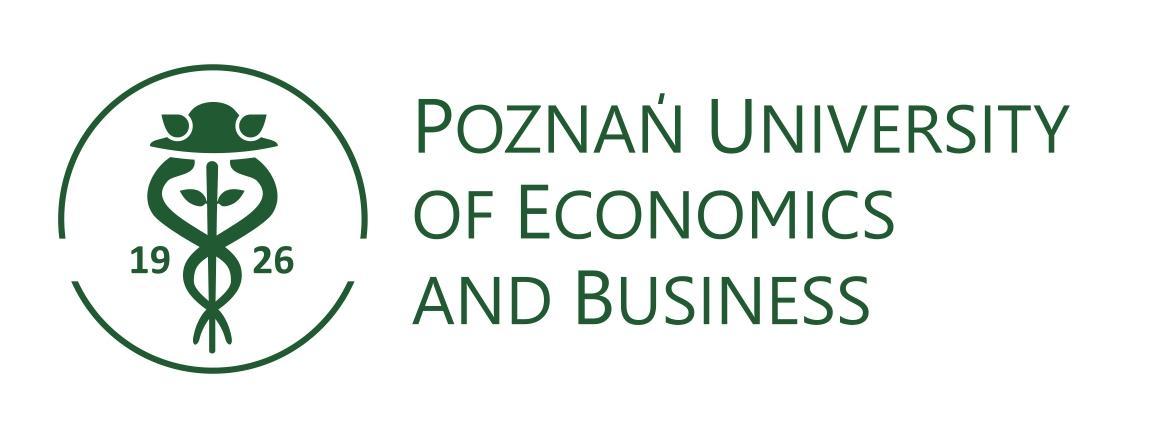Humans & AI laboratory
The Humans & AI Laboratory (HAI Lab; Laboratorium HAI) studies the interactions of humans and AI agents, and human behavior. We are primarily interested in studying behavior related to economics and finance.
Themes, funding, and our history
We are currently focusing on work on the project "Botonomics: the influence of intelligent machines on economic behavior", which received financing from the National Science Centre, Poland (Narodowe Centrum Nauki) in February 2022 (grant number 2021/42/E/HS4/00289; funding scheme: SONATA BIS; budget: 1 856 663 PLN). Here is a summary of this project.
Earlier, we worked on the project "The gravity of corporate sins: an experimental analysis", which received financing from the National Science Centre, Poland (Narodowe Centrum Nauki) in May 2019 (grant number 2018/31/D/HS4/01814; funding scheme: SONATA; budget: 479 601 PLN). Here is a summary of this project.
In our work, we combine online experiments and games carried out via Mechanical Turk, Prolific, and LimeSurvey. These include classic experiments and games - such as the Dictator Game and a private die-rolling task - and more novel paradigms. In the future, we will also carry out offline (laboratory) experiments.
The HAI Lab was founded by the Poznań University of Economics and Business in April 2021. The precursor of the HAI Lab is our "Lime is sublime" LimeSurvey website, running on servers of the Poznań University of Economics and Business since September 2019. Tens of thousands of participants took part in Lime/online experiments since then.
The laboratory cooperates with the University of Bamberg and the University of East Anglia.
Recent work
Niszczota, P., Grzegorczyk, T., & Pastukhov, A. (2025). People Are Highly Cooperative with Large Language Models, Especially When Communication Is Possible or Following Human Interaction (No. arXiv:2507.18639). arXiv. https://doi.org/10.48550/arXiv.2507.18639
Niszczota, P., Janczak, M., & Misiak, M. (2025). Large language models can replicate cross-cultural differences in personality. Journal of Research in Personality, 115, 104584. https://doi.org/10.1016/j.jrp.2025.104584
Niszczota, P., Conway, P., & Białek, M. (2024). Moral decay in investment. Journal of Experimental Social Psychology, 115, 104664. https://doi.org/10.1016/j.jesp.2024.104664
Niszczota, P., & Błaszczyński, J. (2024). Hard to digest investments: People oppose investment in both conventional and cultured meat producers. Ecological Economics, 218, 108094. https://doi.org/10.1016/j.ecolecon.2023.108094
Niszczota, P., & Abbas, S. (2023). GPT has become financially literate: Insights from financial literacy tests of GPT and a preliminary test of how people use it as a source of advice. Finance Research Letters, 104333. https://doi.org/10.1016/j.frl.2023.104333
Niszczota, P., & Rybicka, I. (2023). The credibility of dietary advice formulated by ChatGPT: Robo-diets for people with food allergies. Nutrition, 112076. https://doi.org/10.1016/j.nut.2023.112076
Current and past projects investigating how people judge & interact with artificial intelligence.
Our thoughts and recommendations gathered during our work on large language models.
Current and past projects investigating non-AI aspects of human behavior.

